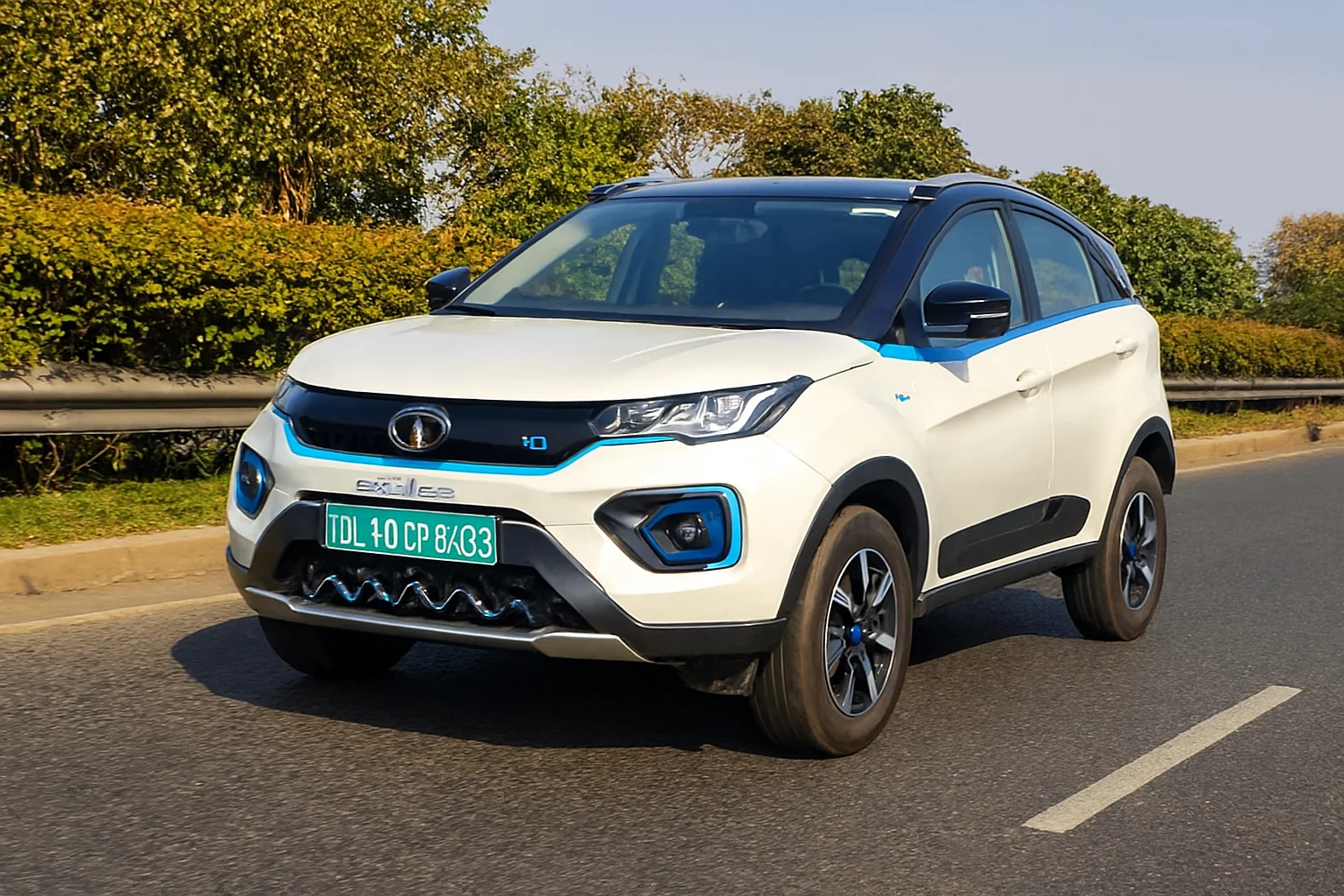Delhi is rapidly emerging as one of India’s leading markets for electric vehicles (EVs). Between January and March this year alone, the national capital registered more than 18,000 new EVs, with March recording the highest monthly sales at 7,926 units.
According to the Delhi government, electric vehicles now account for around 15% of all new vehicle registrations in the city, putting the capital far ahead of most other states. Of the EVs sold in March, passenger cars made up about 20% of the total, while electric three-wheelers used for goods transport contributed another 12%.
Breaking it down further:
- January 2023: 5,576 EVs sold out of 59,520 total vehicles registered
- February 2023: 5,268 EVs out of 48,728 total
- March 2023: 7,926 EVs out of roughly 53,500 vehicles registered
The steady increase has brought the cumulative number of EVs on Delhi’s roads to over 1.12 lakh, boosted by the city’s dedicated EV policy.
The Delhi Electric Vehicle Policy, launched in 2020 by the AAP government, has been a significant driver of this transition. It provides incentives and subsidies for buyers, which has accelerated the adoption of both personal and commercial EVs. Beyond individual ownership, the government has also been introducing electric buses into the public transport fleet as part of its long-term sustainability goals.
By creating financial incentives and improving infrastructure, Delhi has positioned itself as a front-runner in India’s transition to clean mobility—moving steadily toward its ambition of becoming the EV capital of the country.
Also Read: Super Sports Car Segment in India









